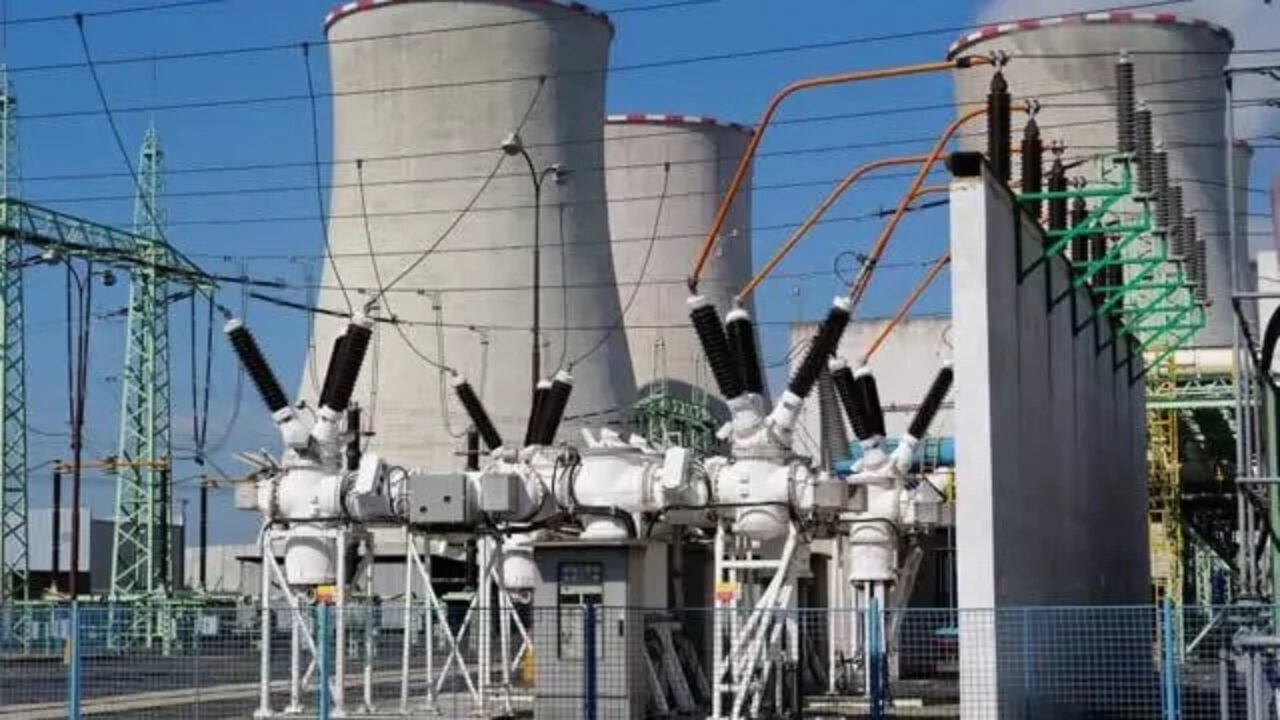Here are the seven top business stories you need to track this week — August 18 to August 22.
FG MOVES TO CLEAR N4TRN GENCOS’ DEBT
Wale Edun, the minister of finance and coordinating minister of the economy, says he presented a proposal to the federal executive council (FEC) to enable the federal government to clear the N4 trillion debt owed to power generation companies.
Edun spoke on August 13 while briefing state house correspondents after the FEC meeting, presided over by President Bola Tinubu.
Advertisement
Edun said during the council’s meeting, he presented a memo on refinancing outstanding obligations in the electricity industry totalling N4 trillion.
“I presented a memo on the all-important refinancing of the electricity sector’s outstanding obligations totalling N4 trillion,” the minister said.
TINUBU ASKS FINANCE MINISTRY TO REVIEW REVENUE DEDUCTIONS BY CUSTOMS, FIRS, NNPC, NUPRC
Advertisement
Tinubu also directed the ministry of finance to review all deductions and revenue retention practices by key revenue-generating agencies.
The directive is said to be part of efforts to free up funds for investment and accelerate economic growth.
Edun said the review will cover the Federal Inland Revenue Service (FIRS), Nigeria Customs Service (NCS), Nigerian Upstream Petroleum Regulatory Commission (NUPRC), Nigerian Maritime Administration and Safety Agency (NIMASA), and the Nigerian National Petroleum Company (NNPC) Limited.
NIGERIA INFLATION RATE DROPS TO 21.8% DESPITE SURGE IN FOOD PRICES
Advertisement
The National Bureau of Statistics (NBS) says Nigeria’s headline inflation rate dropped to 21.88 percent in July 2025, down from 22.22 percent June.
The NBS announced the reduction in its consumer price index (CPI) report, released on August 15.
The statistics body said the food inflation rate in July 2025 was 22.74 percent on a year-on-year basis — up from 21.97 percent.
FAAN VOWS ZERO TOLERANCE FOR UNRULY PASSENGERS
Advertisement
The Federal Airports Authority of Nigeria (FAAN) has expressed concern over the increasing cases of unruly behaviour by passengers at the airports.
In a statement on Monday, the FAAN described such conduct as entirely unacceptable within the framework of civil aviation, stating that it will not be tolerated.
Advertisement
The authority advised all travellers to familiarise themselves with the Passengers’ Rights and Responsibilities as well as Airlines’ Obligations, as outlined by the Nigeria Civil Aviation Authority (NCAA) and the FAAN Bye Laws.
TELECOMS SECTOR ATTRACTED $1BN INVESTMENT AFTER PRICING REVIEW
Advertisement
The Nigerian Communications Commission (NCC) says its return to market-driven pricing has unlocked over $1 billion in telecoms infrastructure investment so far in 2025.
Aminu Maida, executive vice-chairman (EVC) of the NCC, spoke at a recent interactive session with journalists in Lagos.
Advertisement
Maida said the policy shift introduced in January and February allowed mobile network operators to raise tariffs by up to 50 percent after nearly a decade of price stagnation.
FUEL CONSUMPTION DROPPED BY 18% TO 1.44BN LITRES IN JUNE
The Nigerian Midstream and Downstream Petroleum Regulatory Authority (NMDPRA) says there was a significant decline in fuel consumption in June, with total evacuation dropping to 1.44 billion litres.
In a report on August 13, George Ene-Ita, director of public affairs at NMDPRA, said daily fuel consumption averaged 48 million litres.
Ene-Ita said the total fuel evacuation for June was precisely 1,440,768,129 litres, representing an 18.54 percent decrease compared to May’s total supply of 1,768,812,804 litres — a drop of over 328.04 million litres.
NIGERIA’S OIL PRODUCTION NOW 1.7M BPD
The Nigerian Upstream Petroleum Regulatory Commission (NUPRC) says the country’s daily oil production currently averages 1.7 million barrels per day (bpd).
Gbenga Komolafe, chief executive officer (CEO) of the NUPRC, spoke on Thursday at the 50th anniversary conference of the Nigerian Association of Petroleum Explorationists (NAPE) in Lagos.
According to Komolafe, through the one million barrels initiative launched in 2024, production is expected to increase from 1.46 million bpd to 2.5 million bpd by 2026.










